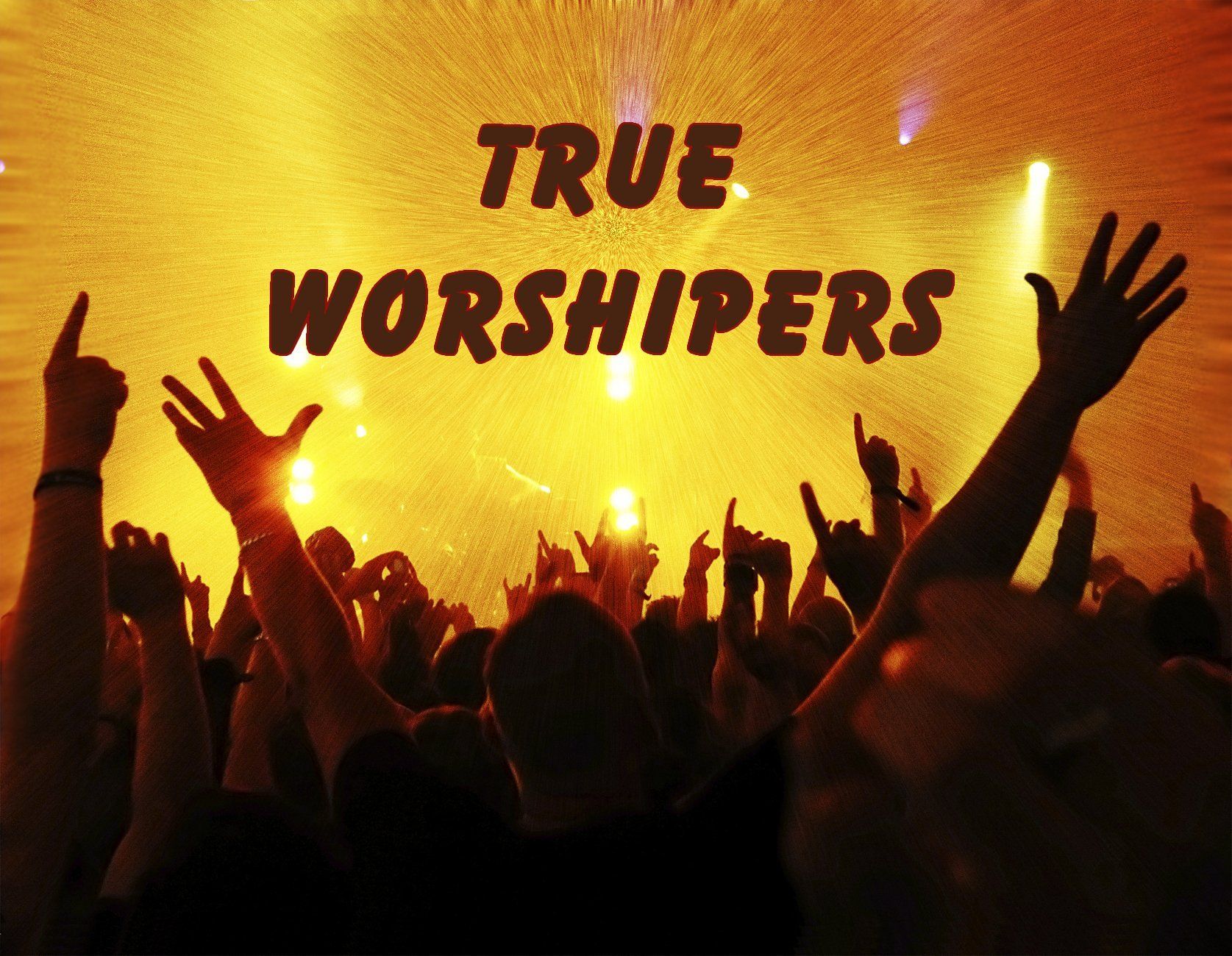Study Guide: Week 4

LESSON 4: True Worshipers Gather, Edify
Hebrews 10:19-25 (focus 10:25)
19 Therefore, brothers, since we have confidence to enter the holy places by the blood of Jesus, 20 by the new and living way that he opened for us through the curtain, that is, through his flesh, 21 and since we have a great priest over the house of God, 22 let us draw near with a true heart in full assurance of faith, with our hearts sprinkled clean from an evil conscience and our bodies washed with pure water. 23 Let us hold fast the confession of our hope without wavering, for he who promised is faithful. 24 And let us consider how to stir up one another to love and good works, 25 not neglecting to meet together, as is the habit of some, but encouraging one another, and all the more as you see the Day drawing near.
1 Corinthians 14:26-33 (focus 14:26)
26 What then, brothers? When you come together, each one has a hymn, a lesson, a revelation, a tongue, or an interpretation. Let all things be done for building up. 27 If any speak in a tongue, let there be only two or at most three, and each in turn, and let someone interpret. 28 But if there is no one to interpret, let each of them keep silent in church and speak to himself and to God. 29 Let two or three prophets speak, and let the others weigh what is said. 30 If a revelation is made to another sitting there, let the first be silent. 31 For you can all prophesy one by one, so that all may learn and all be encouraged, 32 and the spirits of prophets are subject to prophets. 33 For God is not a God of confusion but of peace…
Reflection
1. What’s the relationship between Jesus’ sacrifice and our worship of God? (Hebrews 10:19-22)
2. Kauflin highlights several benefits for gathering as a worship community (Hebrews 10:25) including remembering and rehearing the gospel, receiving God’s Word together, mutual serving and caring, a greater awareness of God’s presence, demonstrating our unity in the gospel, sharing the sacraments, and a greater display of God’s glory (pp. 73-81). Which benefits have impacted you the most? the least? Discuss.
3. Kauflin lists six practical steps for embracing the benefits of the gathered church: show up on time, pray, prepared, receive, serve, and respond. Which step(s) do you need to improve on the most? How will a change of attitude/action towards these steps make a difference for Pathway and you?
4. Hebrews 10:25 reminds us that it’s easy to stop meeting with one another for our weekly worship service. “Every Sunday morning there are dozens of voices trying to convince us there’s something better to give our time to than meeting God’s people….Don’t believe them.” (p. 83) To what extent do you allow your schedule and circumstances to influence your participation in our weekly worship service? Is there anything you need to change? Share.
5. 1 Corinthians 14:26 highlights the importance of edifying one another. According to Kaulflin, “[M]utual edification [is] a way of exalting God.” (p. 87). What difference would it make if we came to our worship service with the idea of edifying and building up one another?
6. 1 Corinthians 14:27-33 mentions the gift of tongues, interpretation of tongues, and prophecy. How do these spiritual gifts edify our brothers and sisters? (Note: See Grudem’s Bible Doctrine, chaps 29-30)
7. Kauflin highlights four priorities for building one another up: variety (1 Corinthians 12), love (1 Corinthians 13), intelligibility (1 Corinthians 14:6-11), and the gospel (1 Corinthians 15:3-4) (pp. 87-95). Which priority do we need to improve on the most and why?
